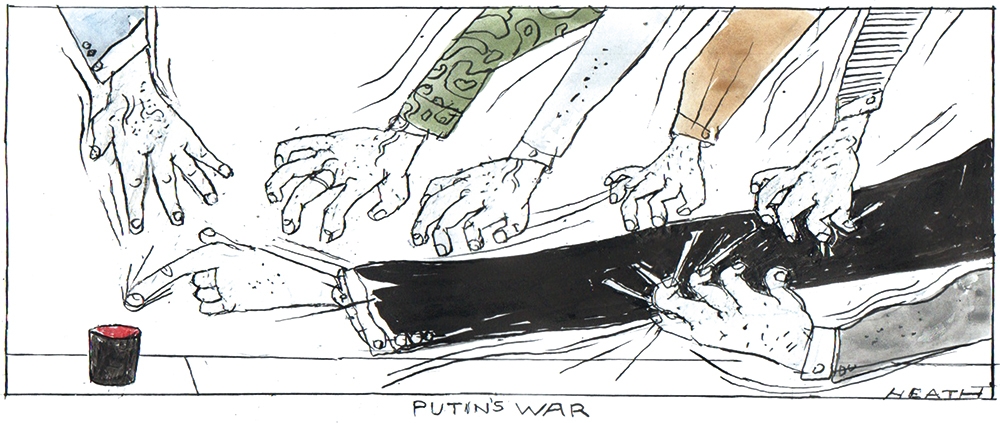Home
Kwasi Kwarteng, the Chancellor of the Exchequer, presented a far-reaching ‘fiscal event’ (ineligible to be called a Budget), said to have cut more tax than any measure since 1972. The markets’ immediate response was to sell pounds, and sterling fell to $1.07 (though the euro also continued in its own decline against the dollar and the Chinese yuan fell sharply). The Treasury defensively said it would publish proposals for dealing with its debt and the Bank of England said it would buy government bonds to help ‘restore orderly market conditions’. The IMF spoke out, inviting the government to ‘re-evaluate’ its tax changes. The unBudget had reduced the 45 per cent top rate of income tax (on income above £150,000) to 40 per cent, and cut the basic rate from 20 per cent to 19 per cent, from next April. The recent National Insurance rise was reversed, and the rise in corporation tax from 19 to 25 per cent next year was cancelled. The cap on bankers’ bonuses would be scrapped. First-time buyers would not have to pay stamp duty on property costing less than £425,000 (at present £300,000). The government considered 38 sites for investment zones.
Sir Keir Starmer told the Labour party conference that within a year of a Labour government being elected, he would create a publicly owned renewable energy giant called Great British Energy. He declared that Labour was once again the ‘political wing of the British people’, as Tony Blair had called it. He led delegates in the national anthem, something former leader Jeremy Corbyn called ‘Odd’. Rupa Huq MP was suspended from the Labour whip after she remarked of Kwasi Kwarteng: ‘Superficially, he’s a black man… If you hear him on the Today programme, you wouldn’t know he’s black.’








Comments
Join the debate for just £1 a month
Be part of the conversation with other Spectator readers by getting your first three months for £3.
UNLOCK ACCESS Just £1 a monthAlready a subscriber? Log in